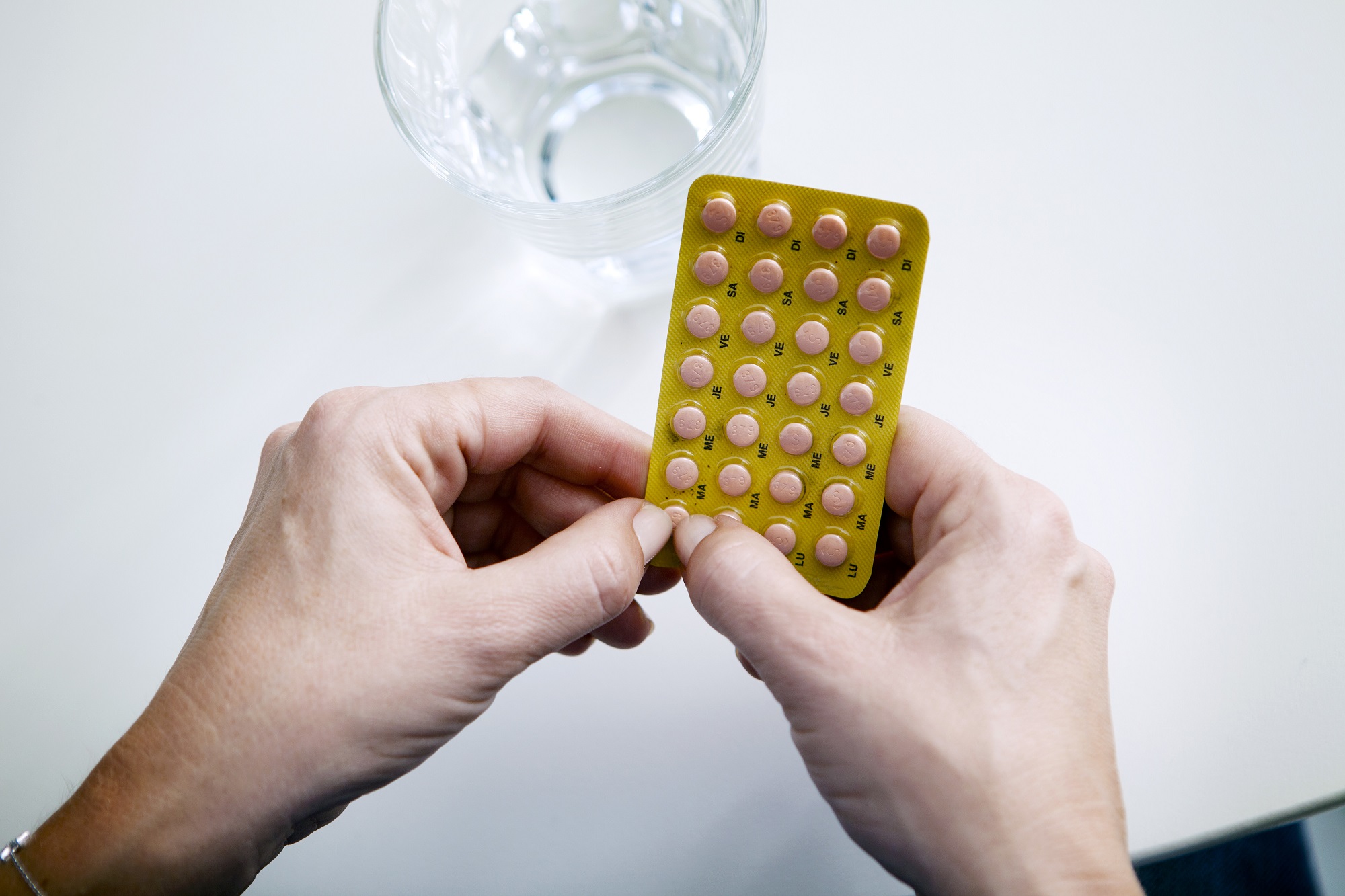Menopause Hormone Therapies’ Impact on Breast Cancer
Menopause is the time in a woman’s life when her body decides that child bearing is over with the ovaries ending their production of the hormones estrogen and progesterone. Depending on the woman, this change can begin as early as 45 while others may not undergo the ‘change’ until they reach their 50s and 60s.
The signs of menopause are seen with a change in menstrual cycles (they not only can decrease, but suddenly get more intense), the proverbial hot flashes, chills, dryness of the vagina, trouble sleeping, night sweats, mood swings, thinning hair, weight gain, slowed metabolism, breasts lose fullness and difficulty focusing.
Some of the complications associated with menopause include an increased risk of heart and cardiovascular disease, osteoporosis, urinary incontinence, loss of sexual desire and function.
Depending upon the severity of menopause complications, some women end up having a hysterectomy. Others are treated with some medications while others are given various hormone therapies. Some treatments are no more than using estrogen, in the form a cream or tablet, used to treat the vaginal dryness associated with menopause. Estrogen is also used to treat intense hot flashes, as well as reducing the risk of osteoporosis and cardiovascular disease. Other hormone treatments involved using both estrogen and forms of progesterone.
Over the past few decades, there has been a lot of controversy over the impacts and side effects of the various hormone therapies, so here is one of the latest reports on the controversy:
Women who were taking or had taken oestrogen-only menopause drugs were 23 per cent less likely to develop the disease.
And their odds of dying from breast tumours were 44 per cent lower than those given dummy pills.
But scientists from the University of California say an alternative treatment combining oestrogen and progestin may be harmful.
Women on this more common form were 29 per cent more likely to develop breast cancer than those on placebo.
They also appeared at greater risk of death but the difference was not statistically significant.
The average age of menopause is 51, with common symptoms including hot flushes, mood swings and loss of sexual desire.
One million women in Britain currently take HRT to help tackle them and also boost bone health.
Researchers led by Prof Rowan Chlebowski analysed data on 27,347 postmenopausal women aged 50 to 79.
Those who had undergone a hysterectomy received oestrogen or placebo for 7.2 years and were monitored for 16.1 years.
And those with an intact uterus were given combined therapy or placebo for 5.6 years and tracked for 18.3 years.
Women with a uterus are typically given combination therapy because oestrogen alone increases their risk of womb cancer.
Does this study put an end to the controversy over the benefits and risks of hormone therapy for menopausal and post-menopausal women? No, but it may help some to make their own decisions as to what course of action they decide to take.








Recent Comments